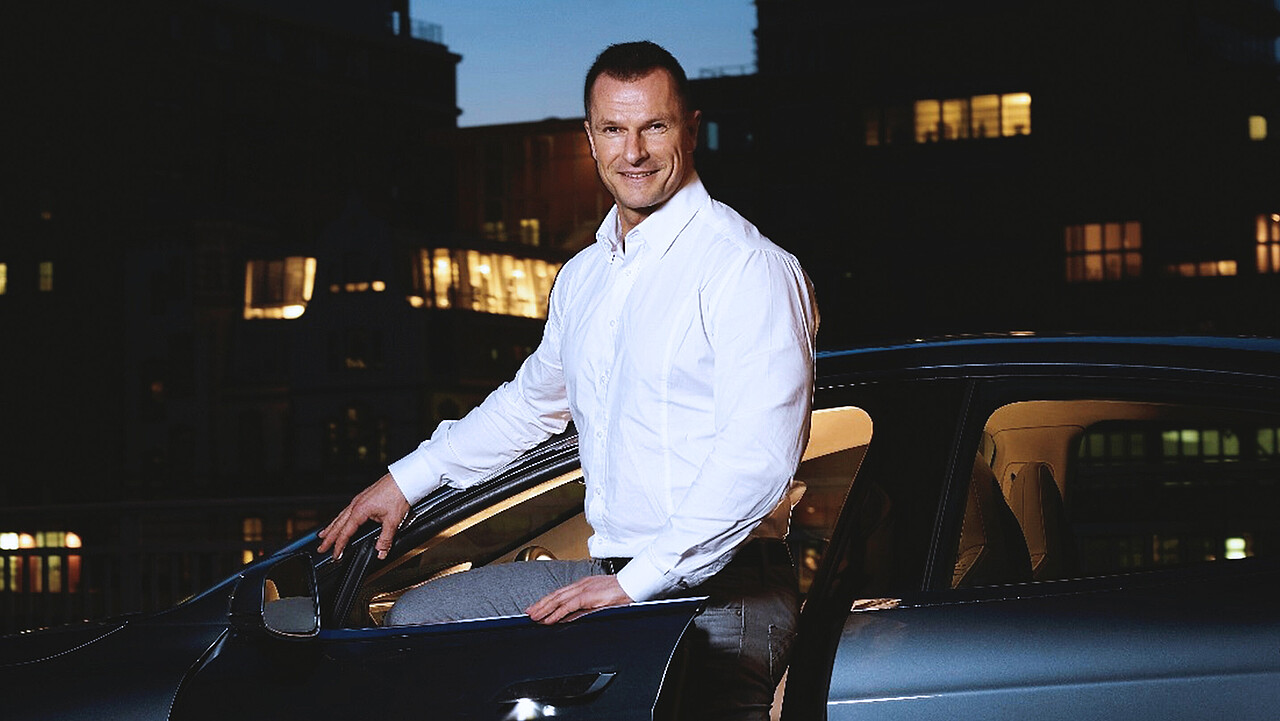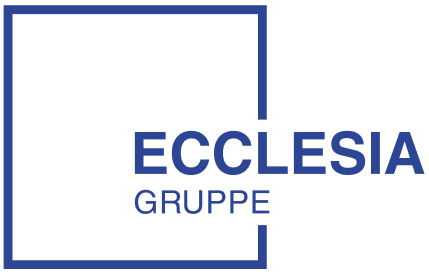
Global sustainability goals and practical tips for companies
It is important to Jens Ohlemeyer to act on a social, economic and ecological level in a global and cultural context. It is important to consider people's habits and the respective conditions in their home country. From his point of view, it does not work to just place any solutions in companies that may not even fit into the corporate culture. “That's why, as always, keynote speakers present at the events who deal intensively with topics such as CO₂ pricing and sustainability reports and can provide specific tips with their expertise,” explains Jens Ohlemeyer. Companies and cooperation partners of E-Cross Germany and the association Klimawoche Bielefeld from the manufacturing, services, banking and insurance sectors are among the participants on “Sustainable Business Day”. Jens Ohlemeyer: “We are specifically geared to the 17 global sustainability goals of the United Nations. The current goal is to move step by step towards these goals by 2030.”
Networks, solutions and best practice talk
“Intelligent energy systems for trade and industry” was the motto of this year's sixth event in this series. In general, employees of regional companies and relevant partners from all over Germany use the varied day of action to network, exchange ideas and discuss sustainable solutions together. As keynote speaker, Ulrich Ulmer, Professor of Hydrogen Infrastructure at the Nuremberg Institute of Technology, addressed the thematic basis for the future use of hydrogen. He showed ways in which the reduction of CO₂ emissions (decarbonization) can be successfully implemented. This was followed by a best-practice talk with examples from the areas of energy saving and storage, energy efficiency and the expansion of renewable energies in companies.
Efficient investments for geothermal and photovoltaic systems
“Our aim is to provide comprehensive information and advice to companies in the region and beyond, so that they can position themselves in a more sustainable, energy-efficient and responsible way,” explains Jens Ohlemeyer. The full-time pedagogue works as an English and sports teacher at the Friedrich-v. Bodelschwingh Gymnasium in Bielefeld-Bethel. Many of his students volunteer for Climate Week, whose topics are regularly integrated into the school day. Since 2010, companies, schools and private individuals have already planted more than 35,000 trees on the initiative of the E-Cross Germany and the Bielefeld Climate Week, and in November a climate-resistant mixed forest consisting of eight tree species will be planted in a wooded area in Bielefeld-Senne. The sustainability professionals here are happy to receive donations from companies. Ohlemeyer advises companies to use geothermal and photovoltaic systems as quickly as possible in order to “position themselves in a forward-looking and efficient manner” and to save energy and costs in a well-thought-out way. “In many cases, photovoltaics can be installed completely on the roofs of industrial buildings. I recommend thinking in the long term and not in four-year increments,” he explains. “However, some investments can pay for themselves after just four years. The high prices for gas and electricity have stabilized to some extent, but in principle the costs for fossil fuels will continue to rise."
Fleet management, e-mobility and sustainability goals in focus
The discussion about whether trucks should be battery-electric or hydrogen-powered in the future is an exciting topic for the expert from Bielefeld, and one that can be discussed in depth. In addition to e-bikes and e-cars, he is interested in other alternative drive systems and e-motorcycles, ships, aircraft and heavy-duty transport. The topic of fleet management and electric mobility will also play a central role at the E-Cross Germany mobility festival – on June 28 and 29, 2025 at and in the Lenkwerk in Bielefeld. Visitors will be able to see the latest e-vehicles from various carmakers, e-bikes and e-scooters in combination with smart wallboxes, energy storage units and photovoltaic systems. The 17 sustainability goals of the United Nations will also be in focus. These were adopted at a UN General Assembly in 2015 and will initially be the focus until 2030. Jens Ohlemeyer: “One goal is to eliminate poverty by the year 2030. Unfortunately, we won't be able to achieve that, but there has been some progress in many areas as a result of the goals and the 2030 Agenda. We need specific goals that we can continuously work towards to motivate us. So it remains extremely important that we set ourselves global goals.” Are some sustainability goals more important than others? “No,” says the Bielefeld native. “All goals are equally important, but they are still different because the 200 or so states in the world have different interests. That's why 17 is a kind of compromise formula that has been agreed upon globally.” Sustainability Goal 13 is climate protection. “Life on land”, ‘life under water’ and ‘sustainable cities’ are just as important as ‘reducing poverty’ and ‘providing high-quality education’. Because: ‘Climate protection is only possible with high-quality education, because only with this can people develop an overall understanding and take on other perspectives,’ emphasizes Jens Ohlemeyer. ”When poverty reigns and there is no clean drinking water, issues other than climate protection are at the top of the agenda.”
German industry as a role model for other nations
He considers Germany's role model function to be “extremely important” when it comes to achieving sustainability goals: “We have very good engineers, excellent mechanical engineering and an automotive industry with the potential to achieve the very important transition in drive systems in a targeted manner. Of course, there is still a lot of room for improvement. But thanks to our innovative industry, we are a global role model for many other nations, especially in the field of renewable energies. We should make sustainable use of this and work together with other countries in the global West and North to advance climate change.” That is why Jens Ohlemeyer and his colleagues from East Westphalia-Lippe and all over Germany are looking forward to many more Climate Week Bielefeld and E-Cross Germany events in 2025. Because together we can and should succeed in decisively advancing the sustainability goals in the coming years and decades with creative and innovative networks.
